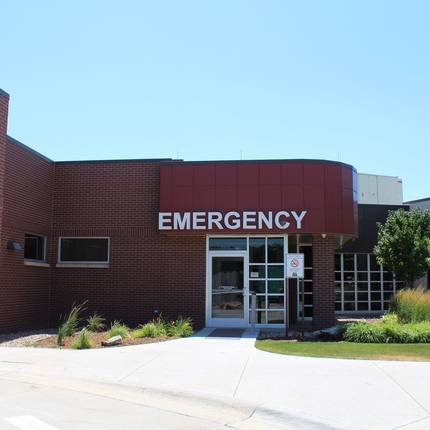By Jordan Rasmussen, former staff member
Blair Nelson, a student who works part-time, is one of more than 2.6 million American adults who are unable to access health insurance because they fall into a health insurance coverage gap. Blair earns too little to qualify for subsidies to purchase insurance from the health insurance marketplace while also earning too much to qualify for Medicaid.
Blair lives in Nebraska, one of 18 primarily rural states that has not closed the coverage gap by expanding Medicaid. Now, Nebraskans have an opportunity to decide the future of expanded coverage for their neighbors, and serve as an example for other states, as a statewide petition drive is underway.
Across the country, many individuals who fall in the coverage gap live in rural communities, and are already at a disadvantage in their ability to access health care coverage. The limited availability of health care providers and facilities, greater travel distances, and limited financial resources make access to care challenging.
Failing to expand access to health insurance forces health care providers to offer uncompensated care, care provided out of necessity that patients are unable to pay for. Providers and insurers ultimately shift this cost to all patients and policyholders, contributing to higher insurance premiums. States that have expanded Medicaid have seen a 16 percent decline in uncompensated care.
In addition, states that have expanded Medicaid now have 8 to 10 percent lower insurance premiums than states that have not expanded Medicaid. Affordable access to preventative care services is proven to decrease overall medical expenses and improve the quality of health outcomes for everyone.
In Nebraska, the ballot initiative would expand Medicaid coverage to thousands of qualified rural Nebraskans in the coverage gap, including seniors, single adults, parents, and those who are disabled, as provided under the Affordable Care Act.
Now is the time for the other 17 states to follow Nebraska’s lead, and take action on this important issue that directly impacts the lives of Blair and 2.6 million Americans.





